EU citizenship seen as way out of post-Brexit woes for many Britons
Official figures show that the number of British citizens who have applied to acquire the nationality of another EU member state has surged since the Brexit referendum. Since the referendum in 2016 more than 350,000 UK citizens have applied for citizenship of other EU state as a form of post-Brexit, some even giving up UK citizenship so as to retain their EU rights after Brexit.
Ireland, which enjoys strong historical connections with the UK, has been the most popular EU passport for dual-national Britons. In 2015, for the first time, just over 32,000 Northern Irish and British citizens applied for Irish citizenship.
The numbers have increased almost fourfold in the last four years with 131,817 new applications for Irish passports, with nearly 55,000 from Great Britain alone.

The increase was most dramatic among those born in Great Britain who were applying for the first time for an Irish passport, rather than a renewal. The numbers went up from 7,372 in 2015 to 54,859 in 2019, according to data supplied for Ireland’s foreign affairs department.
There have also been increases in dual UK nationals in Germany and France, where there has been a tenfold rise in the naturalisation of British citizens.
Thus, between 2016 and 2020, nearly 360,000 people born in the UK have applied to acquire or renew an EU passport in nine of the countries that supplied data.
In Spain, where the greatest concentration of Britons living elsewhere in the EU is found, dual nationality for Britons is not possisble, the numbers are low but there has been a sharp rise since the 2016 referendum.
Of the estimated 600,000 British people who live there just 209 applied for a Spanish passport in 2018, the last year for which data is available, but this is compared with just 50 applications in 2015 and 33 in 2016.

Despite many thousand Britons working in Brussels, the number of naturalisations for Belgium are also low, but there has been a distinct upward trend since the 2016 referendum with 1,403 in 2019 compared with 506 in 2016 and just 127 in 2015.
Swedish passports granted to Britons rose from 942 in 2015 to 4,267 in 2019, while in Germany the numbers skyrocketed from 622 in 2015 to 6,640 in 2018.
In France, where large numbers of British people live, the numbers are also relatively small but the pattern is the same: in 2015 just 320 Britons acquired French nationality; in 2019 that had increased to 3,827, according to government data.
The numbers in Italy have also grown steadily, with 266 applications in 2016 for an Italian passport rising to 731 the year after and 657 and 586 in 2018 and 2019.
Data for Denmark and Finland also show increases in the past four years although numbers remain in the hundreds.
When a sample of The Guardian readership who had been in contact with the paper was asked to explain why they, or their family members had sought out EU citizenship, they responded in various way.
Paul Stock, a solicitor from Saddleworth, had this to say regarding his decision to return to his German roots:
We are a family of European Jews. We could recover our German citizenship by virtue of Article 116 of the German constitution as my late father in law had to flee the Nazis in 1935. Myself, my wife, our three adult children and our granddaughter now have dual British/German citizenship. We were not prepared to lose our European heritage to Brexit.”
Tim Robinson, 46, a TV producer from London, feels estranged from Britain:
My husband applied for a Spanish passport, we spend about five months a year in Spain and most of his relatives are Spanish. Both of us are unhappy with Brexit, and believe it is about English nationalism, certainly not about Scottish or Irish. As our ties to England loosen, we wish to draw closer to the continent. Put simply, we no longer feel citizens in our own land.”
K, from Cambridge, is of two minds about her children getting passports:
My three children will be applying for Irish passports, as they fear not being able to access EU funding for PhD research, transferring easily to other European universities, and traveling trouble-free for work. They also fear they could be discriminated against by EU-based employers for being non-EU citizens. I see dual nationality as a good thing, but I’m also jealous - my husband is automatically an Irish citizen, and now that my three children are, I hope I don’t get left behind.”
Mark, from Sheffield, on why he chose to become Irish:
I applied so I could retain free movement, and live in France as I wish. Under Schengen rules I could have only stayed in the Schengen area for 90 days in any 180. I would have not been able to use my house in France fully after Brexit. I now identify as Irish. I’m reading up on Irish history and culture and started learning Gaelic.”
Jan, from West Yorkshire, on her son’s new dual nationality:
My son has lived and worked all over Europe for 11 years, for various companies. Touring, in Europe and internationally, is a requirement of his work. He considers himself European, and fears we are rapidly becoming ‘Little Britain’. I am delighted that he now has a dual citizenship that guarantees him the freedom of movement he needs to do his work.”
The reasons given for these drastic life changing moves are multifarious yet the root cause would appear to be the same. A lack of faith in politicians, the barrage of promises and lies, which are an insult to their intelligence, having broken the camel’s back, so to speak.
VIDEO | Jordanians continue rallies to denounce Israeli genocide in Gaza, Lebanon
6 Israeli soldiers commit suicide: Reports
Diplomat discourages recourse to pressure, intimidation, confrontation against Iran
UN: 2024 deadliest year for aid workers amid genocide in Gaza
Gaza health official warns of hospital shutdowns within 48 hours
Israel kills 5 more paramedics in southern Lebanon: Health ministry
Iran to launch ‘new, advanced’ centrifuges in response to IAEA resolution: AEOI
Yemen fires hypersonic missile at Israeli airbase


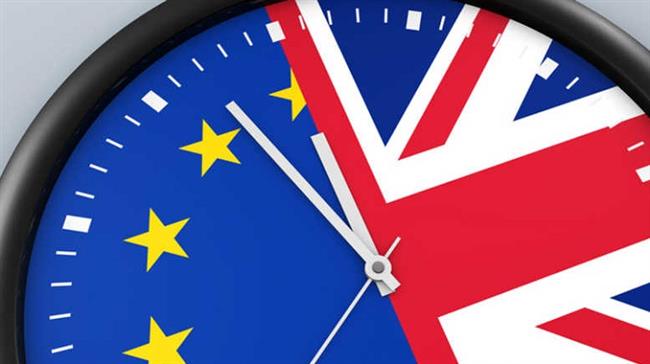
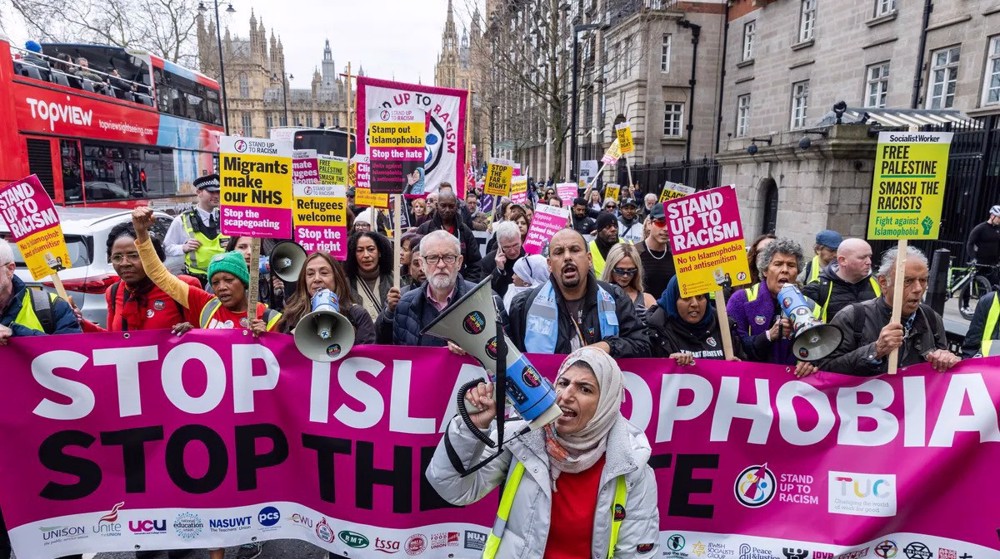
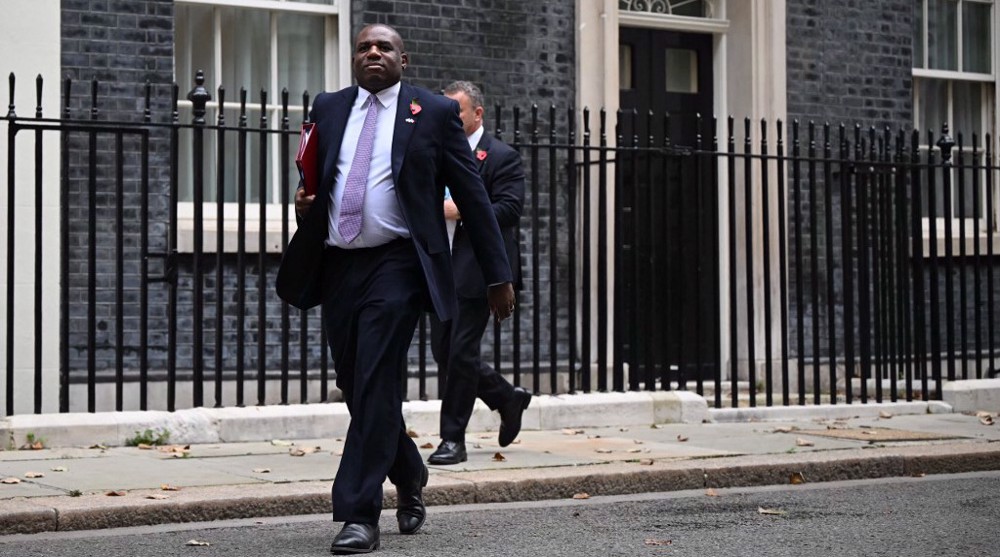
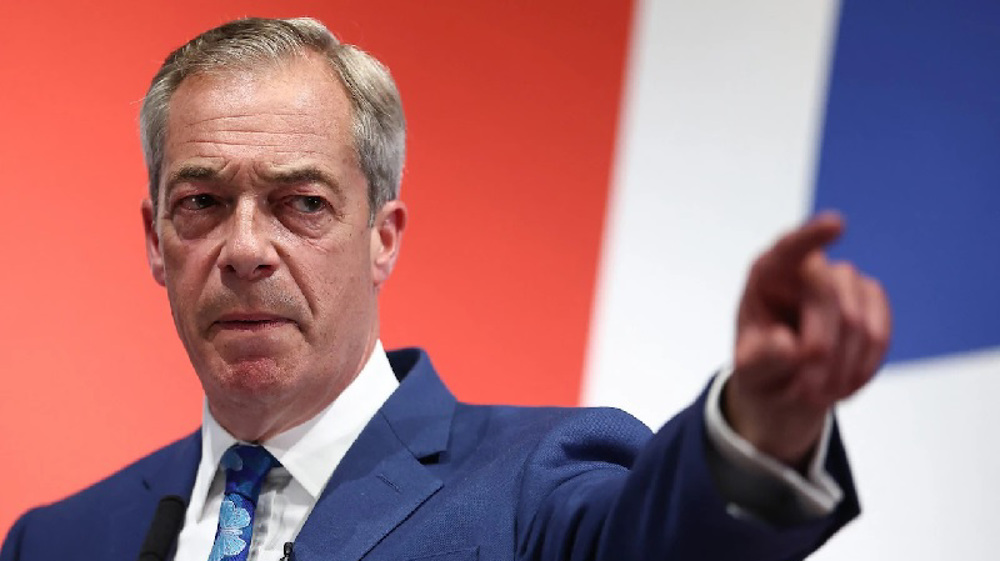




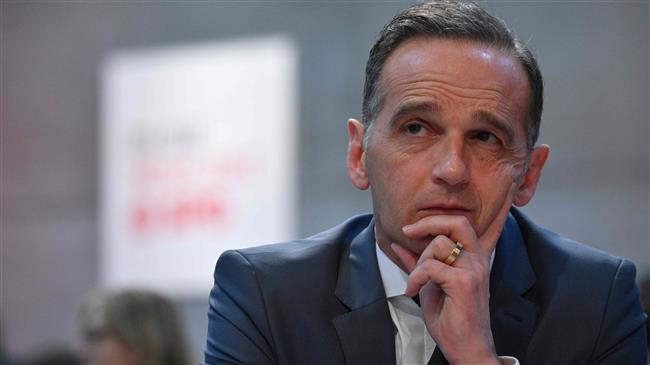
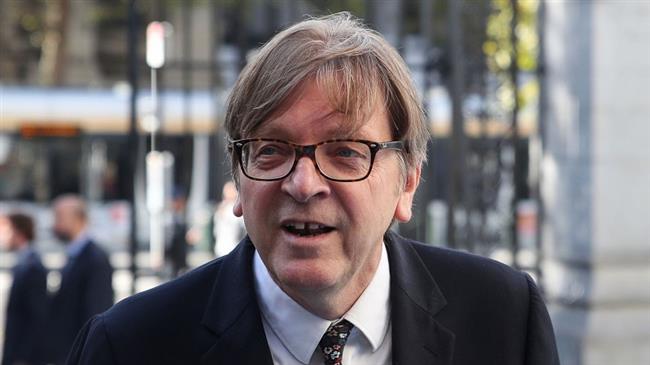
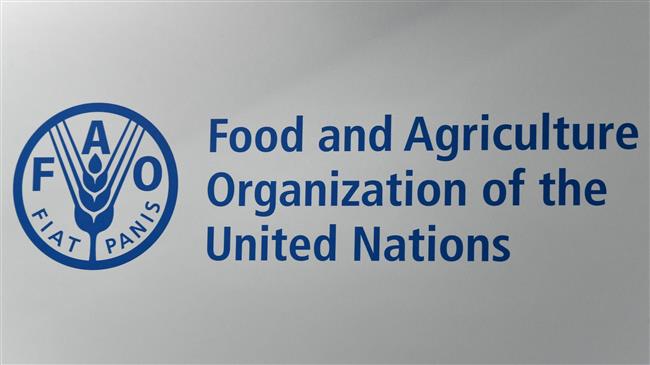
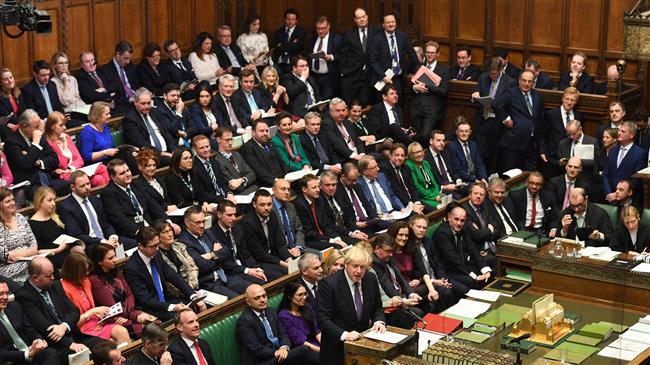
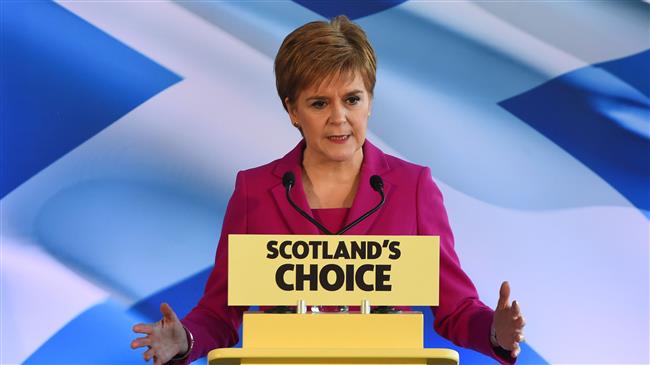

 This makes it easy to access the Press TV website
This makes it easy to access the Press TV website